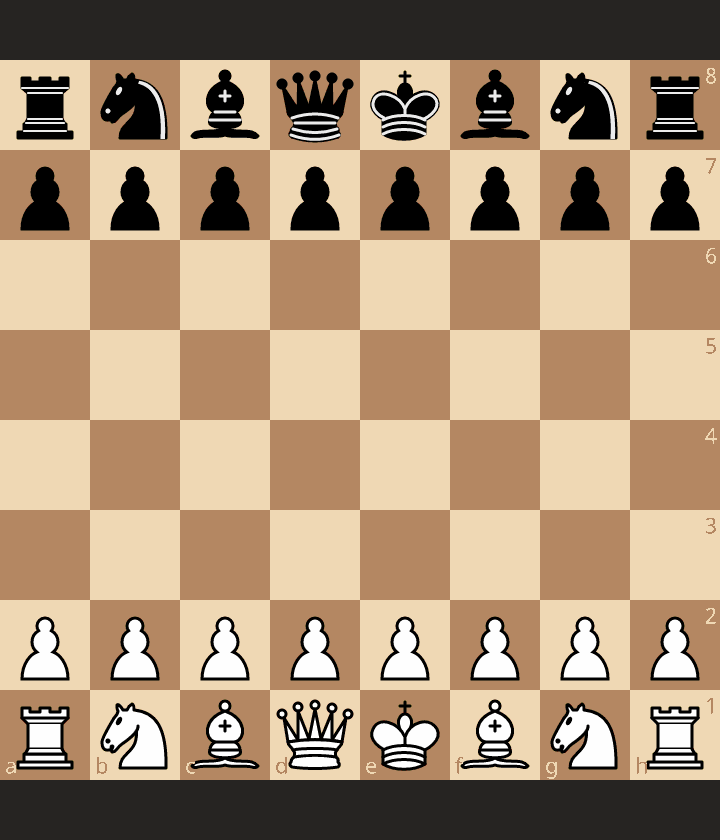The Unpredictable Nature of Chess: Game-Changing Turning Points
December 19, 2023
Chess is a game that often brings unexpected twists and turns, and it’s precisely these moments that make it so fascinating and challenging. In every game of chess, even when one player appears to have the upper hand, there can be turning points that change the course of the game and determine the winner.

The Unpredictable Nature of Chess
In this article, we will explore several classic examples of turning points in chess games.
-
Attacking Turnaround: One of the most thrilling turning points in chess is when a player who seems to be in a defensive position manages to transition into an attack. This often happens when one player makes a mistake or overlooks their opponent’s threats. A sudden counterattack can quickly change the game’s course and lead to an unexpected victory for the aggressor. For example, one of the most famous attacking turnarounds is Fischer’s “Game of the Century” against Byrne in 1956, where the young Bobby Fischer, at only 13 years old, surprised the world with his brilliant tactics and moves.
-
Time Pressure Move: Sometimes, a player can employ a “time pressure move” to alter the outcome of a game. This means that a player makes a move that redirects the opponent’s attention and forces them to make undesirable moves. This is particularly effective when the opponent is under time pressure. A player can intentionally create complications that require a lot of time to consider, putting the opponent in an uncomfortable situation.
-
Trap: Skilled players often set traps to turn the game in their favor. These traps are typically hidden threats that the opponent can easily overlook. When the opponent falls into the trap, the player who set it can take advantage of the situation. A trap can involve attacking a piece that previously seemed harmless or creating an “open door” in the opponent’s position.
-
Pawn Promotion: One of the most exciting moments in chess is when a pawn successfully advances to the back rank and promotes to another piece, typically a queen. This can dramatically shift the balance of power on the board and lead to a turnaround. Pawn promotion can be a crucial tactic in positions where a player who is behind manages to create an opportunity for pawn promotion, thus causing a surprise.
-
Distraction: Players often use distraction tactics to induce unwanted moves from their opponents. This can weaken the opponent’s position and open the door to a turnaround. For example, a player may deliberately target a piece crucial to the opponent’s defense, forcing them to focus on defense rather than an attack.
Chess is a game where every move is carefully considered, but even the best-laid plans can be disrupted by turning points! This makes chess unpredictable and exciting because you never know when something unexpected will happen to completely change the game’s course.

